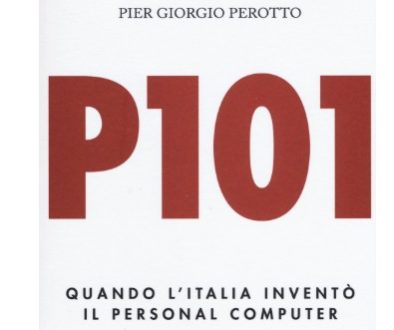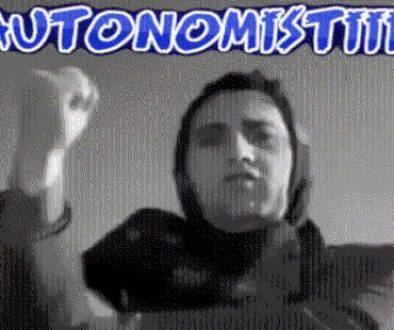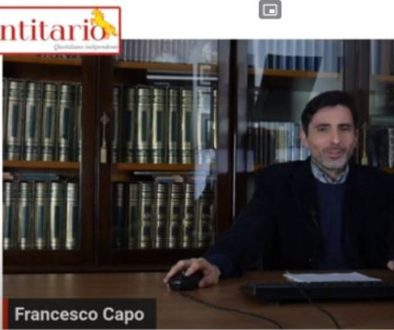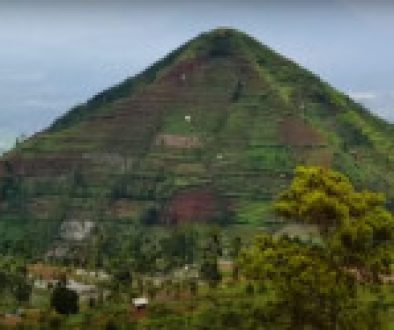Italian Venetians in Istria and Dalmatia?
I was in Istria for the first time in the late 70's when I was a kid of about 10 years. The roads had potholes, stores the goods were scarce and tiered, only in tourist areas you could experience a holiday, and it was cheap. Istria was the rich part of Yugoslavia, still I think it is a zone of strong economy in the context of Croatian, and now the beautiful Venetian towns are unattainable for many Venetians because they are too expensive. Then I was too young to understand what had happened in those places, the tourists themselves were not aware of, and I could not find it strange that there were so many people talking Veneto. And we all passed by unaware and quietly, like today, next to sinkholes concealed by hand grenades to plug them. Those who spoke Veneto were there, then, but now I was old to speak it, a millenary civilization that is disappearing thanks to a genocide. When I returned as an adult, in the early 2000, Ethnic cleansing was continued to the point of being hard, at least in the summer, to hear someone speak the Venetian language that we speak there for centuries and centuries. At one point I stopped to ask to rent a room for the holiday, and I asked about speaking in Italian, theoretically in a bilingual Croatian area and Italian, my interlocutor did not understand anything of Italian, and he was then planning to try to speak in the Venetian language: Ms. understood me immediately, and he called me the owner, a just man 60 years. We talked in Veneto as it was with the neighbor, but I did not understand me if I tried to speak in Italian.
What does this teach us anecdote? Let them Istrians, who have been in the Kingdom of Italy for about 20 years, in reality they did not speak Italian, (like the other Venetians neither until the advent of TV), and even less the Dalmatians who were only part of Italy for a few years. Those populations have been Venetian for a millennium, Venetian blinds have been even before Padovani, Vicentini, Veronesi, Bresciani and Bergamaschi, but not Italian. They were Italian in the sense of the reference to Venice, but when the Italians still had to do and did not exist, assuming that today there is a complete and shared Italianness and not a tax.
And then what is this talk ? To understand what happened during and after the Second World War, the tragedy of Foibe, it was not just a massacre of Italian, It is the wrong way to see and incomplete because it ignores the history of those lands, always multilingual and with the Slavic hinterland clearly differentiated from the Venetian coast, loudly and proudly Veneta since before the Romans. Thousands of years of history erased can not be understood with the ideological war of Fascism and Communism, but they understand each other instead from the point of view of an ethnic-political genocide of a people , the Veneto, who has been the victim of many invaders from Napoleon. It is no coincidence that the Hapsburg Empire set up the first concentration camps in Istria and to the detriment of the Venetians.
To understand the history of the land and the tragedy of the Genocide of the Venetians in Istria and Dalmatia, whose Foibe are only a piece, here's my book that changed the public perspective.





